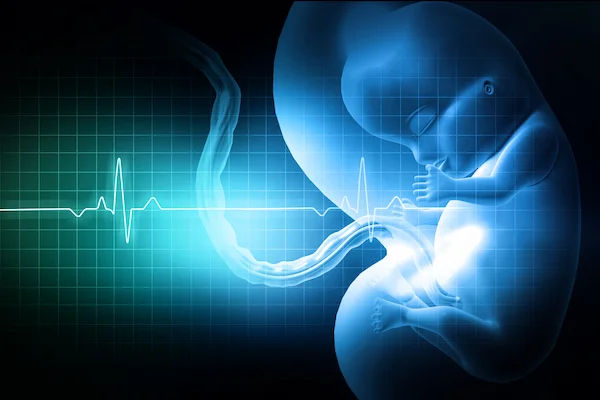- male
- 45 Years
- 22/01/2025
My husband has been struggling with high cholesterol levels around 285 mgdL, even though he's been on a super healthy diet with lots of fruits, olive oil, vegetables, and pulses. The numbers haven't dropped much, staying between 250 to 285 over the last couple of months. He recently had kidney stones treated with endoscopy and medication, and now the cholesterol levels seemed to have increased. I'm getting worried; should we consider starting him on medication, or will sticking to the diet eventually help bring the cholesterol down? How long do we need to wait and see if the diet alone is effective? Also, could my father-in-law's heart surgery from 2 years ago be related or give us some clues on managing this better?
Answered by 1 Apollo Doctors
Based on your husband's cholesterol levels not reducing despite following a healthy diet and considering his family history of heart surgery, it may be necessary to start medication to help lower his cholesterol levels and reduce the risk of heart disease. One commonly prescribed medication for high cholesterol is Atorvastatin (brand name Lipitor). In addition to medication, continuing with a healthy diet and lifestyle is important for managing cholesterol levels. It is recommended to follow up with regular check-ups with a healthcare provider to monitor the cholesterol levels and adjust the treatment plan as needed. The time it takes to see a significant reduction in cholesterol levels can vary from person to person, but with medication and lifestyle changes, improvements can often be seen within a few weeks to months.
Dr. Dhankecha Suggests...
Consult a Cardiologist
Answered 04/07/2025
0
0

More Cardiology Health Queries
View allI've been experiencing some mild chest pain for about a month now. There hasn't been any coughing, fever, or cold symptoms, but the pain is located near my left breast. Occasionally, I also feel pain in my left arm and shoulders. Sometimes I struggle to breathe normally, and it often feels like something's stuck in my throat. What's going on with me?
Ecg and x-ray pa view is advised to the patient.
Answered by 1 Apollo Doctors
In my air force medical exam, they said I'm unfit because of something called a CVS review. I'm pretty worried about what this means for me. Can you explain what CVS review medical unfitness is all about? Is it a serious issue?
take treatment
Answered by 1 Apollo Doctors
I'm a bit worried about my wife. She's been having these severe chest pains on her left side early in the morning. It happened around 5 am today and before that, at 2 am. There's nothing else with it like radiating pain, jaw pain, trouble breathing, or sweating, but the pain is pretty intense. It usually happens once and then subsides. This has been going on for about 78 days now. Do you think it could be something serious or is it just a muscular thing?
yes u can use it, visit ur physician for apprpropriate managent
Answered by 1 Apollo Doctors
Disclaimer: Answers on Apollo 247 are not intended to replace your doctor advice. Always seek help of a professional doctor in case of an medical emergency or ailment.





